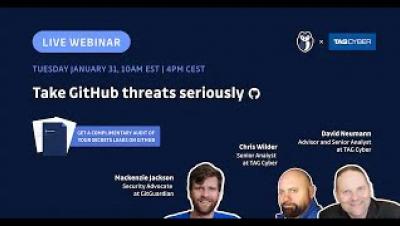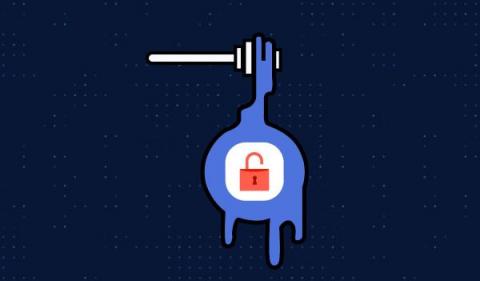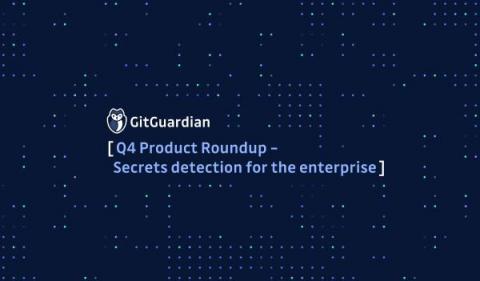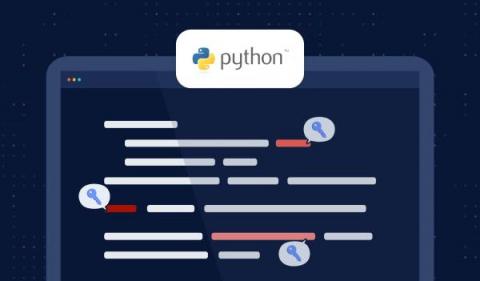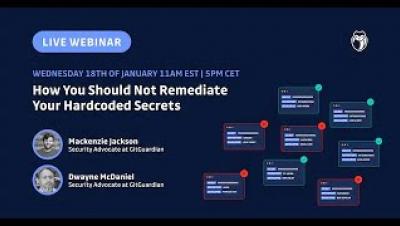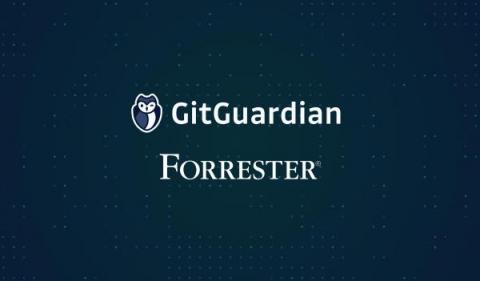Security | Threat Detection | Cyberattacks | DevSecOps | Compliance
GitGuardian
Take GitHub threats seriously: The largest code-sharing platform is extending your attack surface
Creating a Honeytoken - Complete Tutorial
Honey Tokens or Canary Tokens are credentials designed to alert you when an attacker is in your infrastructure. This is a complete tutorial how to create them using only open-source projects.
Q4 2022 Product Roundup - find and fix hardcoded secrets
Learn more about the challenges awaiting organizations of hundreds to thousands of developers deploying secrets detection and how we're addressing them with our latest feature releases.
IAM Best Practices [cheat sheet included]
Download our cheat sheet on IAM, Identity and Access Management, best practices. It will help you make your cloud environments more secure.
How to Handle Secrets in Python
DevOps engineers must handle secrets with care. In this series, we summarize best practices for leveraging secrets with your everyday tools.
[Webinar] How You Should Not Remediate Your Hardcoded Secrets
Azure repos native integration with GitGuardian
DevOps teams and developers can now bring the power of automated secrets detection and remediation to their Azure DevOps repositories.
Top 10 Practices for Secure Software Development
Developer security practices are about adding security at each software development stage. Here’s a list of top developer security practices to follow.
Forrester Research: Show, Don't Tell, Your Developers How To Write Secure Code
If you’re a CISO, VP of Security, or a Staff Security Engineer and still wondering whether your developers own the keys to application security, this Forrester report is for you. Get your complimentary copy now, courtesy of GitGuardian.



